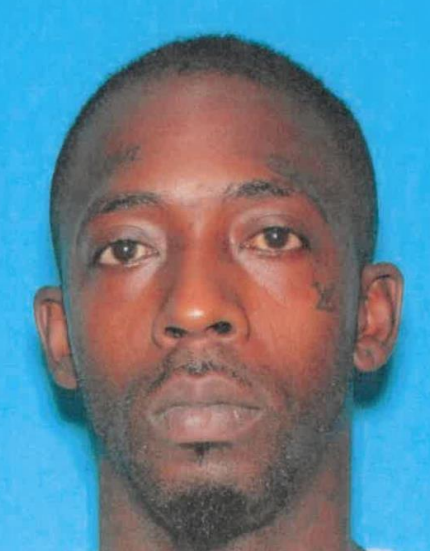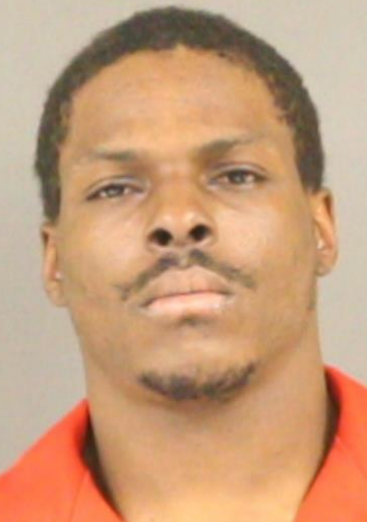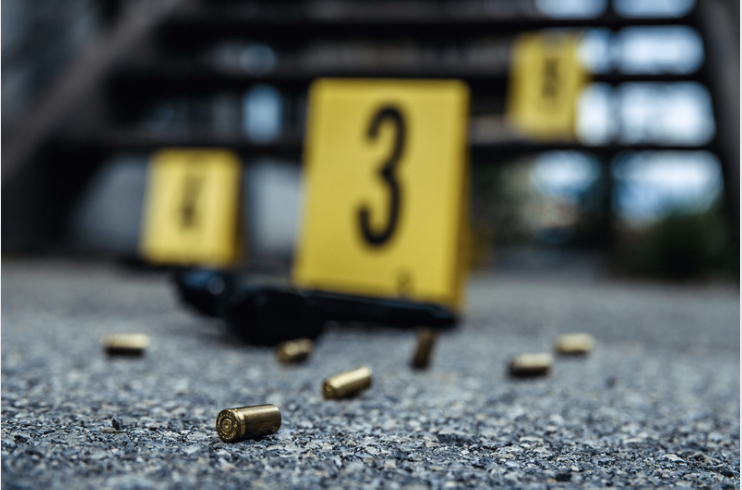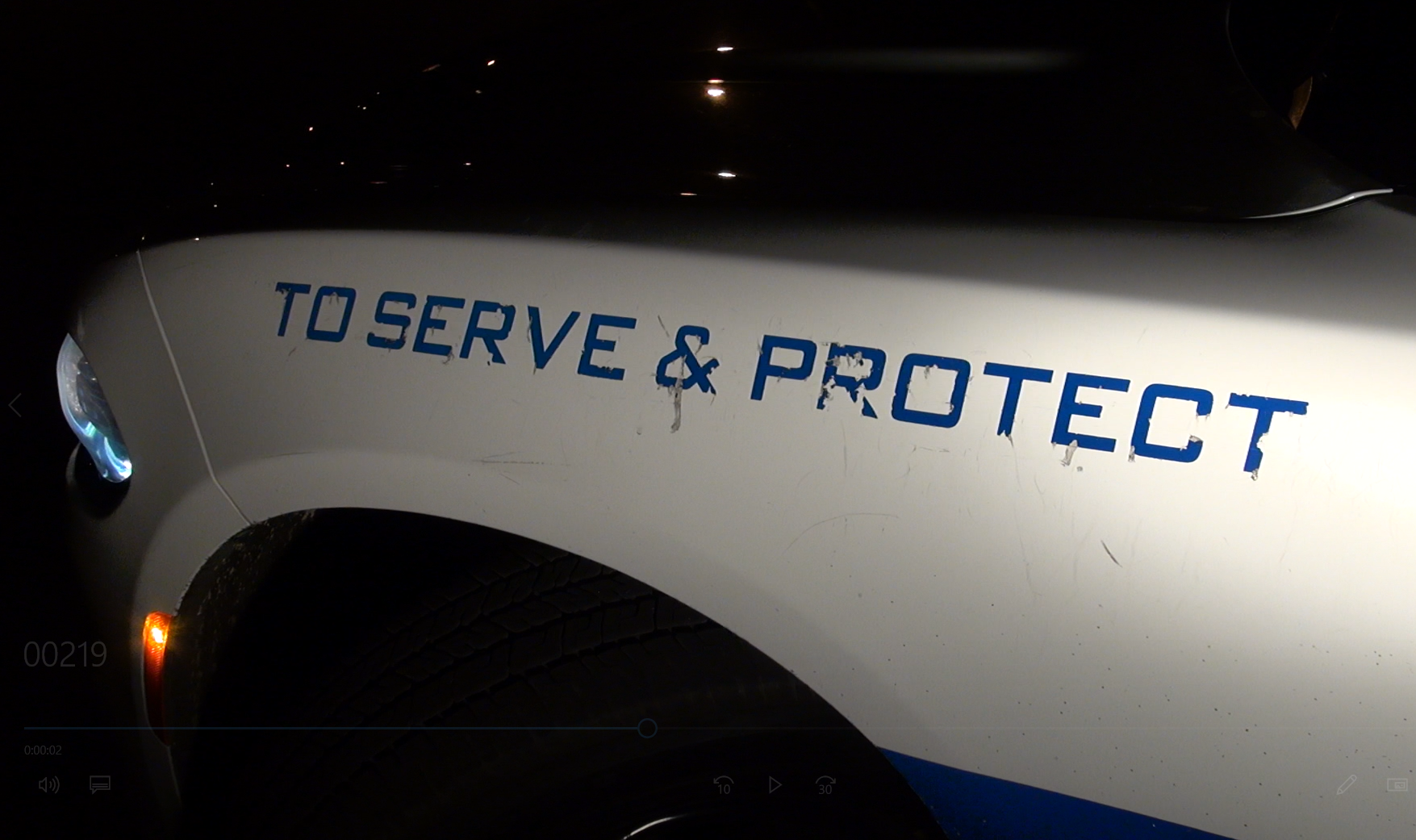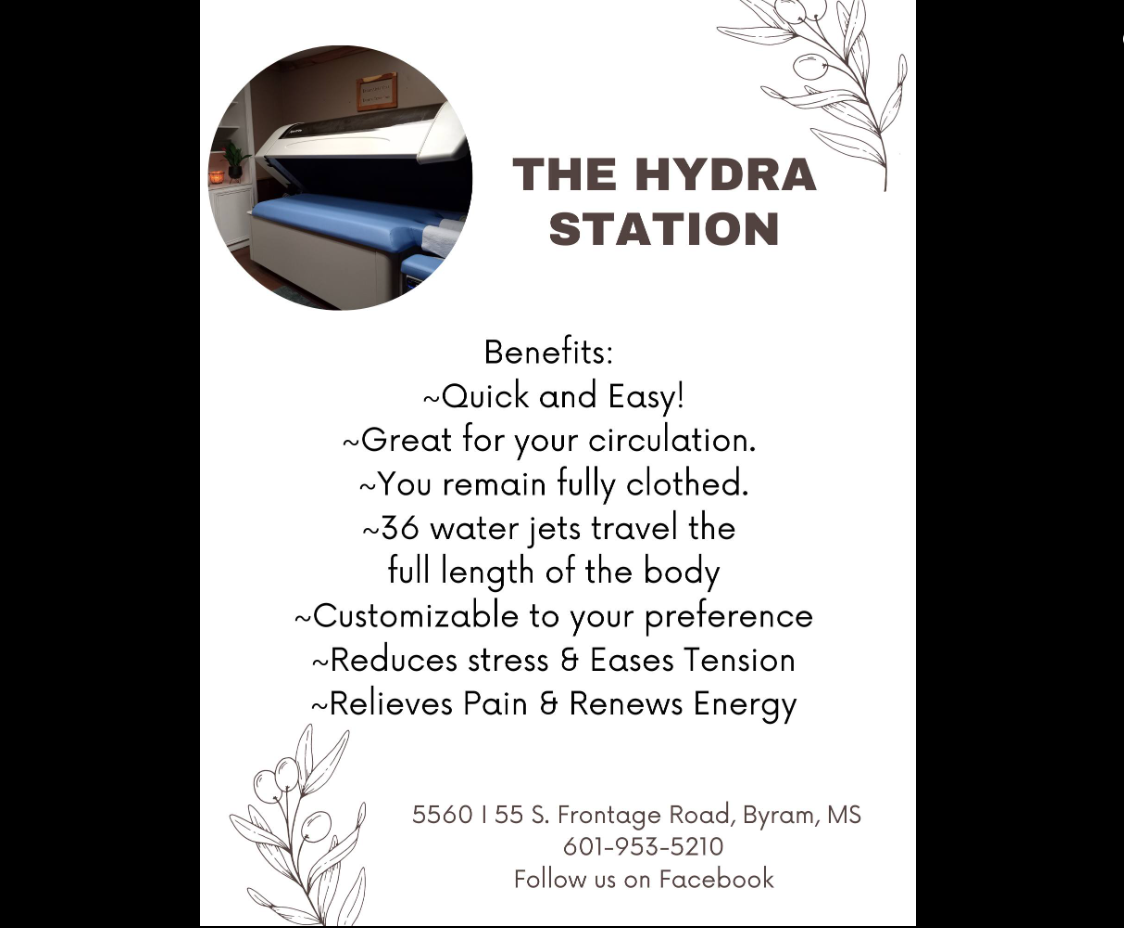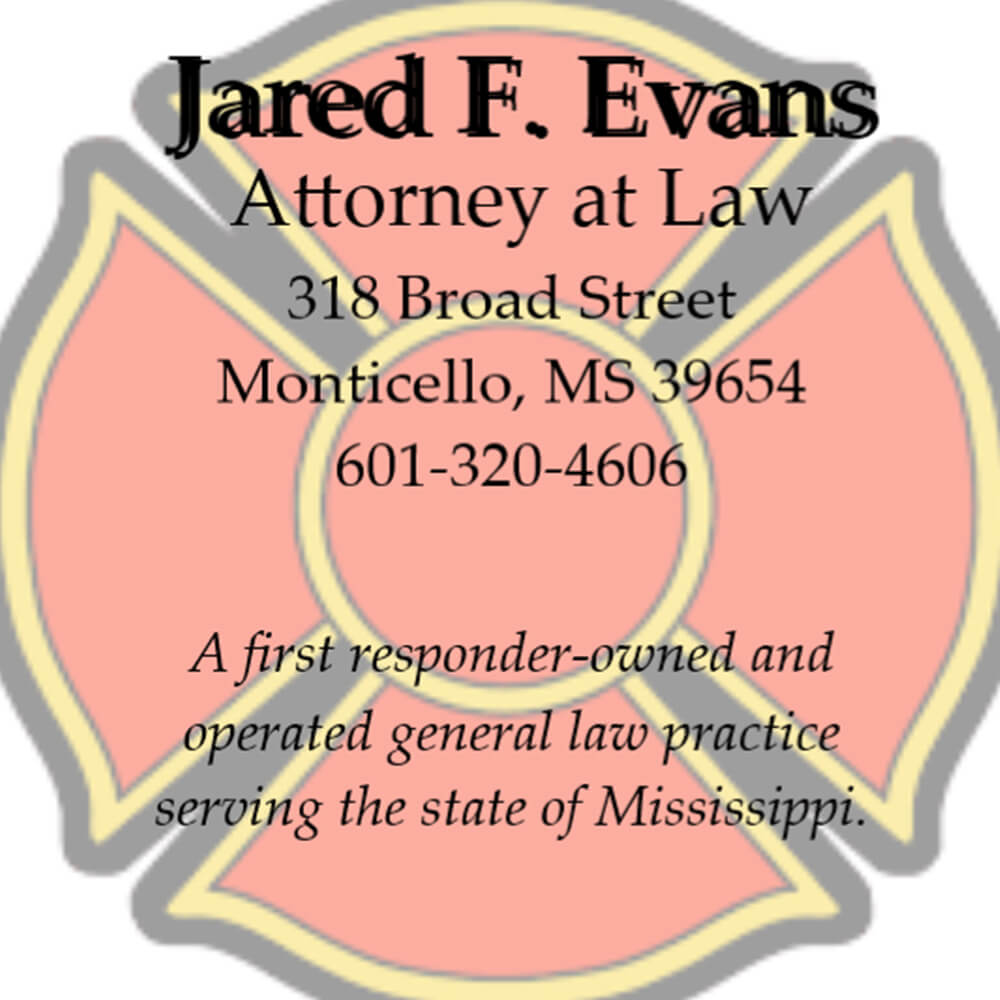Monday afternoon in the George Robinson case at the Hinds County courthouse, two more medical experts testified that the injuries in various CT scans, autopsy photos and autopsy reports did not show what two prosecution witnesses whose stories were somewhat divergent said happened.
The prosecution says George Robinson was body slammed, beaten, stomped, and kicked to death on the night of January 13, 2019, by then-JPD detectives Anthony Fox and Desmond Barney, and current JPD detective Lincoln Lampley.
Lampley and Barney’s case was thrown out of court with prejudice by Judge Faye Peterson after she said the prosecution failed to prove beyond a reasonable doubt that their scenario had any merit at all, but Judge Adrienne Wooten refused early on to turn Fox’s case over to Peterson’s court.
This case has been cleared by Jackson Police Department’s internal affairs as well as the FBI, who they brought in to investigate so the findings would be objective. Federal Judge Carlton Reeves issued an opinion that all three officers were covered by qualified immunity.
Previous testimony by two alleged eye witnesses whose accounts didn’t match entirely was that Robinson was pulled out of his vehicle, body slammed, and then beaten and stomped by police, causing his death.
Police witnesses have testified that Fox and Lampley took him out of the car differently, trying to keep him on his feet until he went to the ground trying to swallow something in his clenched hands. Paramedics testified that he had an abrasion on his head and that he refused treatment by the ambulance crew until finally he allowed them to put a small bandage on his wound.
Witnesses have also testified that Fox begged Robinson to get looked at by paramedics, and that Fox was the one who called the ambulance. Fox is accused in this case of depraved heart murder.
Robinson’s girlfriend testified he seemed fine when he got to the room they shared at the Mustang Inn and that he told her he had resisted arrest. A few hours later, he started to have a bad headache and seizures, and she called the ambulance.
Dr. Jonathan Arden
Dr. Jonathan Arden, a Florida consulting pathologist, took the stand right after lunch. Arden said while the bleeding inside Robinson’s head was in the same place as the scrapes on his forehead, there was no other sign of injury to Robinson’s body anywhere. That included, he said, any bruising or fracture or cuts or scrapes that would have been an expected result of the alleged police beating.
Like previous medical witnesses, Arden expounded on Plavix, an anti-coagulant being taken by Robinson (along with aspirin) at the time of death that would have made him bleed more freely as well as inhibit blood clotting. He said Robinson was also hypertensive, and when blood pressure spikes it also increases bleeding. In all those cases, he said, a patient would bleed more with less trauma. Plavix, he concluded, definitely played a role.
The cause and manner of death opinions were also a point of interest, with Arden explaining that he would not have classified Robinson’s death as a homicide since there are 3 1/2 hours unaccounted for in the timeline between the encounter with police and the time of the 911 call.
Arden explained that he would have classified the death as undetermined since there was no way to know 100 percent if the injury from law enforcement caused the bleed or if something later did. In addition, he said, if the medical evidence is correct that there was no other injury to Robinson and there is testimony that he scraped his own head on the pavement as he tried to swallow something, then that means he did that to himself and it didn’t happen at the hands of another human.
“The medical examiner’s determination doesn’t determine crime,” he said. “The injuries are not consistent with that scenario, which would have produced more severe injuries — greater bruising we didn’t see, greater scraping that we didn’t see, lacerations, facial fractures would have been likely. It does not reflect being slammed to the ground.”
Arden also testified that if Robinson was stomped, in a lot of cases stomping victims have actual shoeprints on their body. Robinson displayed none.
The cross-examination of Arden focused on how much weight he put on various pieces of evidence such as witness accounts and medical reports. ADA Kurt Guthrie started into a hypothetical line of questioning featuring the question, “What if the ambulance reports were fabricated?
Guthrie continued to pose hypothetical situations to ask if Arden would change his opinion on the cause and manner of death if certain phrases or indicators hadn’t been included in the report.
The defense objected to all the hypothetical questions, saying that they were hypothetical and not in evidence, Judge Adrienne Wooten said, “He’s allowed to ask hypothetical questions.”
Later the defense was not allowed to ask medically-based questions about whether there was evidence of cocaine in Robinson’s blood or urine.
Defense attorney Michael Cory asked Arden which scenario seemed most likely, that Robinson scraped his head on the concrete struggling to put something in his mouth as the defense witnesses have said, or that he was beaten, kicked, stomped, and slammed as the prosecution poses.
Arden said the first was much more feasible, because the second “would have caused much more widespread and severe issues.”
Dr. George Russell
The next defense witness was Dr. George Russell, who is an orthopedic trauma surgeon and one of the CEOs at the University of Mississippi Medical Center. He classified Robinson’s injuries as “superficial” and not consistent with being body slammed headfirst on the pavement.
When the defense asked the trauma surgeon if he had any opinion on whether there was any other bruising on the body, the prosecution objected. He also disputed previous testimony that there was a fracture to a rib.
Cory asked Russell about urine samples, which caused a prosecutorial objection that resulted in the jury being sent out. After that situation, Cory asked Russell some additional question and asked to have him submitted as an expert witness in the field of general medicine.
Objection once again.
The prosecution and defense also went back and forth about chain of custody and how much cocaine would have to be in someone’s system for it to show up in various lab tests.
Around 4:30 p.m., Jackson Police Department Deputy Chief Deric Hearn was called but given the late hour, was held for Tuesday morning.



